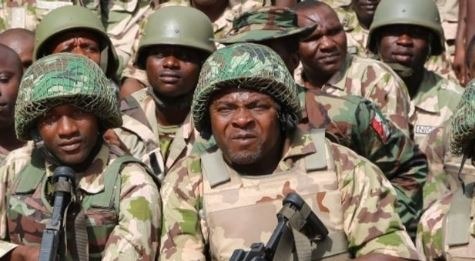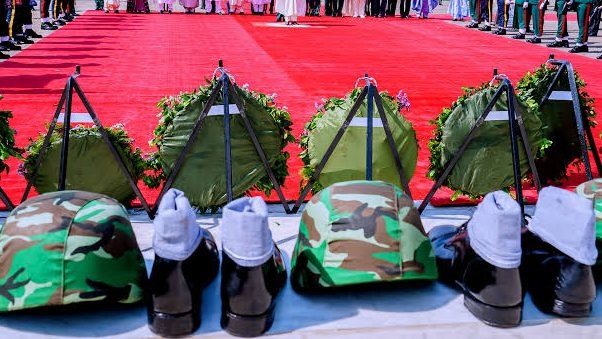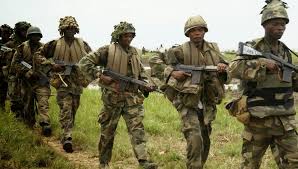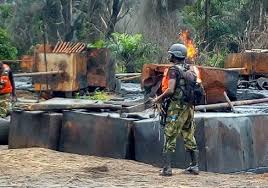The 2 Brigade of the Nigerian Army, based in Abak Local Government Area of Akwa Ibom State, has announced plans to conduct its first quarter range classification exercise. In a statement released on Monday evening, the Acting Assistant Director of Army Public Relations, Lieutenant Adebowale Adejimi, disclosed that the exercise is scheduled to take place …



